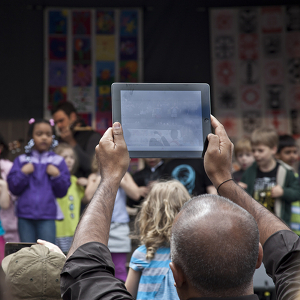 A snippy apology is apparently not what the judges involved in Apple’s U.K. patent litigation over Samsung tablets ordered, according to testy statements made at a U.K. Court of Appeal hearing today.
A snippy apology is apparently not what the judges involved in Apple’s U.K. patent litigation over Samsung tablets ordered, according to testy statements made at a U.K. Court of Appeal hearing today.
Judge Robin Jacob court told Apple and Samsung lawyers this morning that the iPad maker had 24 hours to revise its currently published statement about the verdict in favor of Samsung on Apple’s UK website, replace it with a new one apologizing for inaccuracies, put the link on its home page, and use at least an 11-point font.
The website notice that Apple published last Friday highlighted a lower court judge’s statement that the Samsung tablets involved in the lawsuit “are not as cool” as Apple’s iPad. Apple also piled on a host of earlier judicial platitudes emphasizing that the iPad has “extreme simplicity . . . is striking . . . . It is a cool design.”
The original July 18, 2012 order by Judge Colin Birss of the Patent Court, granted Samsung’s request to require Apple to publish a simple, one-paragraph statement on its website, and in a number of print publications:
“On 9th July 2012 the High Court of Justice of England and Wales ruled that Samsung Electronics (UK) Limited’s Galaxy Tablet computers, namely the Galaxy Tab 10.1, Tab 8.9 and Tab 7.7 do not infringe Apple’s registered design 000181607-0001. A copy of the full judgment of the High Court is available via the following link [insert hyperlink].”
Judge Birss ordered Apple to publish the notice only in the U.K., denying Samsung’s request that Apple publish it on each of the company’s country-specific European websites. He also rejected Samsung’s request that the notice be on Apple’s UK website for a year, concluding that six months was more appropriate. The judge’s rationale was that “this a very fast moving industry and I bear in mind the risk of prejudice to Apple” of a more extended publication requirement.
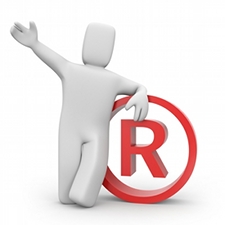 Apple acquired partial European trademark rights to the word “lightning” from motorcycle maker Harley-Davidson’s intellectual property unit, H-D Michigan, LLC, according to public filings with the European Union’s trademark and design unit (see below), and a blog post by Patently Apple.
Apple acquired partial European trademark rights to the word “lightning” from motorcycle maker Harley-Davidson’s intellectual property unit, H-D Michigan, LLC, according to public filings with the European Union’s trademark and design unit (see below), and a blog post by Patently Apple.

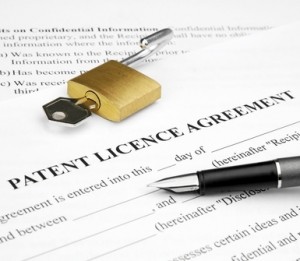
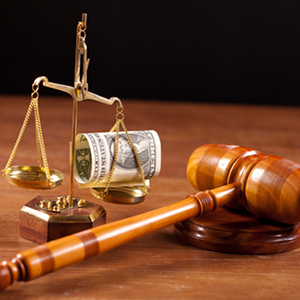 Defense attorneys for Facebook and founder Mark Zuckerberg won’t oppose attorney Dean Boland’s
Defense attorneys for Facebook and founder Mark Zuckerberg won’t oppose attorney Dean Boland’s 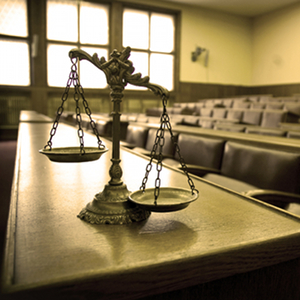 Apple must pay more than $368 million in damages to VirnetX Inc. according to a jury verdict returned in federal court yesterday (see it below). The same day the verdict was reached, VirnetX and Science Applications International Corporation
Apple must pay more than $368 million in damages to VirnetX Inc. according to a jury verdict returned in federal court yesterday (see it below). The same day the verdict was reached, VirnetX and Science Applications International Corporation 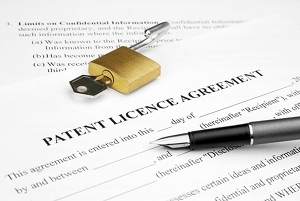 A federal court dismissed
A federal court dismissed 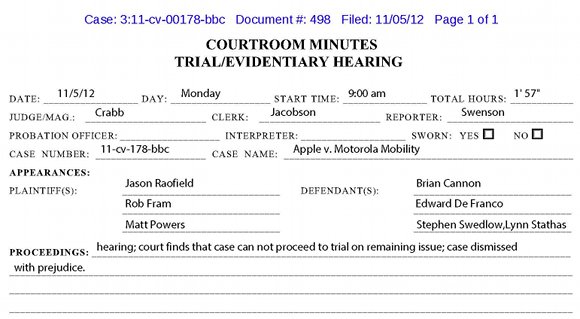
 After three years, language-learning software company
After three years, language-learning software company 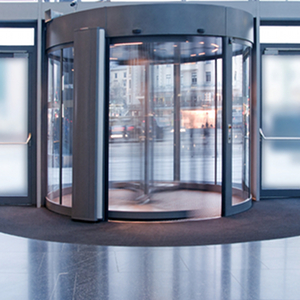 Paul Ceglia, the embattled Facebook, Inc.
Paul Ceglia, the embattled Facebook, Inc.  A snippy apology is apparently not what the judges involved in Apple’s U.K. patent litigation over Samsung tablets ordered, according to
A snippy apology is apparently not what the judges involved in Apple’s U.K. patent litigation over Samsung tablets ordered, according to 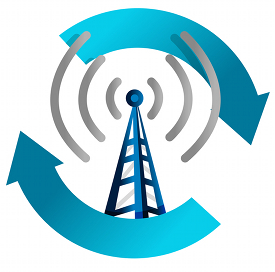 On Monday, Apple filed an
On Monday, Apple filed an 